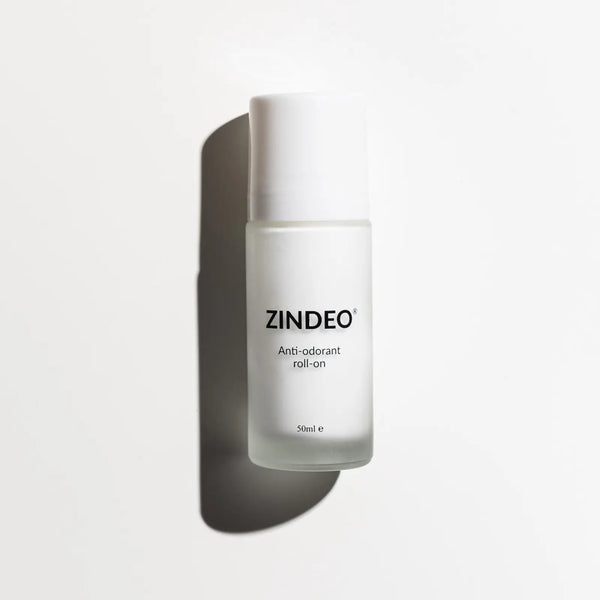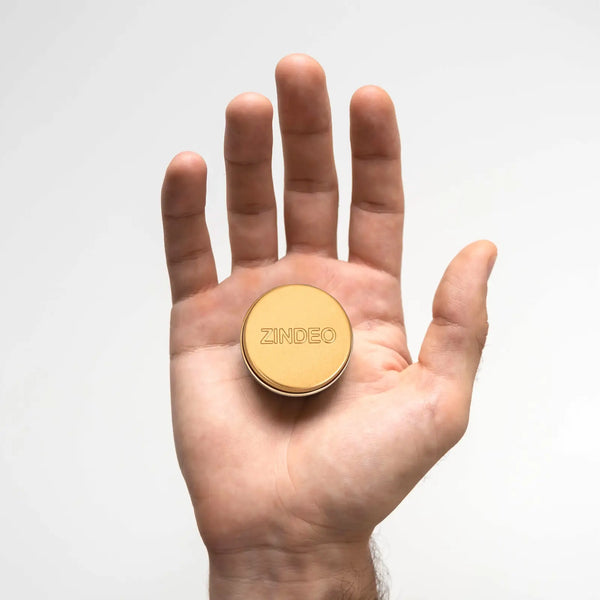Have you ever wondered why some people don’t seem to realize they have body odor? It’s not always about denial or hygiene — science offers clues about why we sometimes stop noticing our own scent.
Olfactory adaptation: when the brain stops noticing smells
Our sense of smell is designed to pick up changes in the environment, not continuous odors.
When you’re exposed to the same scent for a long time — perfume, the smell of your home, or your own natural odor — your brain gradually pays less attention to it.
This process is called olfactory adaptation, and it means people often stop noticing their own scent after a short time.
Why it feels like “everyone else stinks”
Someone who no longer notices their own smell may still pick up on other people’s odors very clearly.
To them, external scents can seem much stronger simply because their own background smell feels “neutral” by comparison.
The social challenge of body odor
Because of olfactory adaptation, people may genuinely be unaware of their own odor.
That’s why open and considerate communication can sometimes help in workplaces, schools or personal relationships.
How to manage body odor naturally
Even if you don’t notice your own scent, others might. A natural deodorant like ZINDEO helps by:
-
helping reduce everyday odor with zinc,
-
providing a gentle, comfortable application,
-
offering long-lasting freshness as part of a regular routine.
Conclusion
Not noticing your own body odor is a normal biological response — your brain simply filters out constant smells. But for the people around you, odor can still be noticeable. The good news is that there are gentle, effective ways to stay fresh throughout the day.
👉 Ready to stay fresh without even thinking about it? Discover the ZINDEO starter set and enjoy natural freshness that works for everyone.











